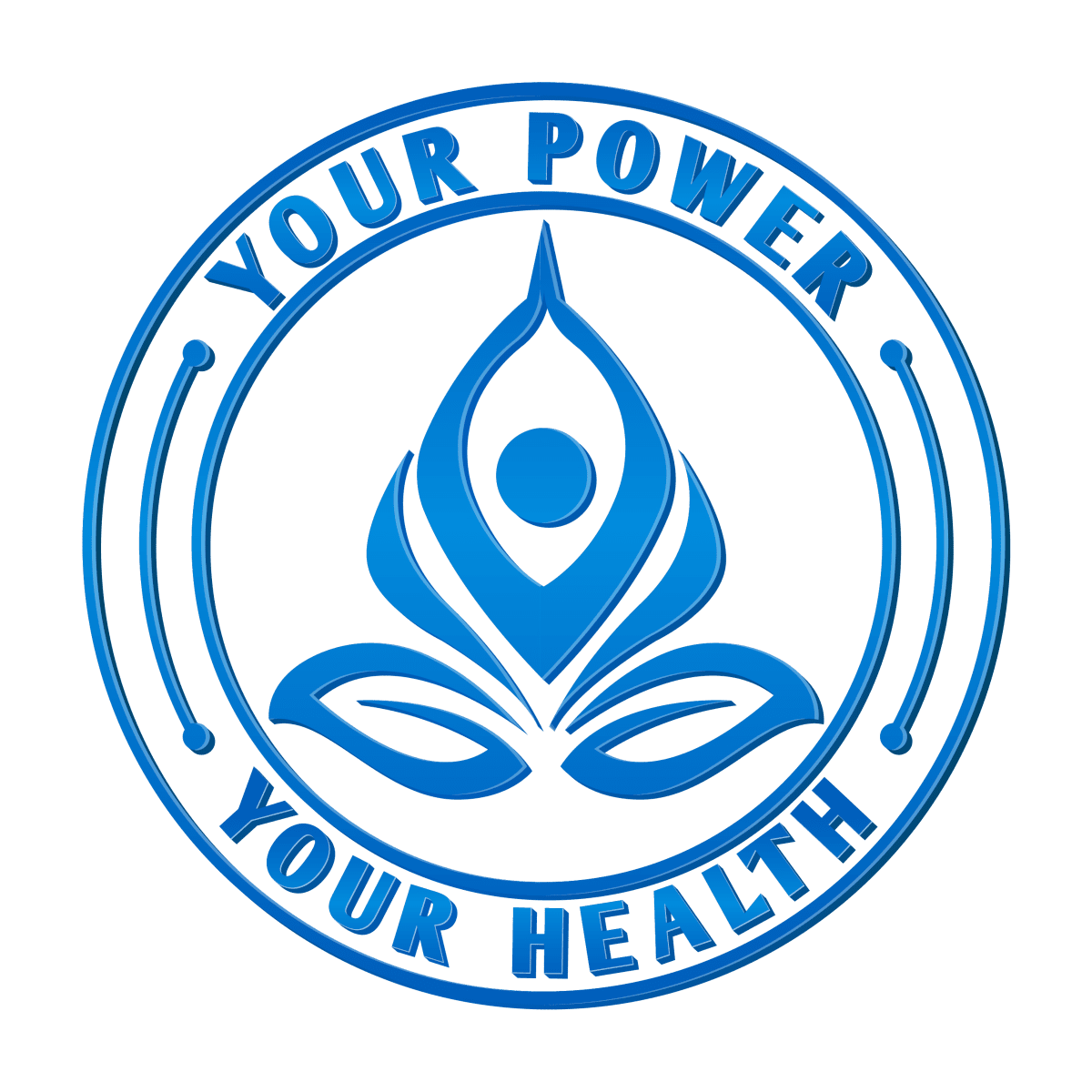Do you feel like every time you turn around, the information you receive about nutrition completely contradicts what you thought you knew? Remember when you thought fat was the enemy? And now sugar is the enemy. Are eggs good? Are they bad? Is ketogenic the way? or paleo? or plant based? vegan? It can be overwhelming to someone who just wants to eat well and get or stay healthy. So what is a person to do? Let’s see if I can shed some light on a difficult and confusing topic.
Fad “diets” come and go. One day it’s the cabbage soup diet, the next is the don’t eat any carbs diet. Or it’s the bacon and cheese diet. What all of these so-called “diets” have in common is that they expect you to completely eliminate one or several food groups and eat from a limited menu. The problem with such a program is that, by eliminating certain foods or only consuming certain foods, you could be depriving yourself of several key nutrients your body needs to operate optimally.
Take for instance, a program that eliminates all carbs, even those carbs that are high quality and nutrient dense. You are instructed to eat all the protein and fat you want. There a several things wrong with this approach. First of all, consuming large amounts of protein, especially animal protein, is very hard on the kidneys, bones and liver. Too much animal protein can also increase the risk of cardiovascular disease due to the high concentration of saturated fats and will contribute to a higher cancer risk. By eliminating carbs, you also eliminate fiber, leading to intestinal issues like constipation. Your body needs fiber to properly eliminate waste and when it isn’t present in your diet, the waste can sit in your body and putrefy.
If you consume nothing but liquids, you may lose weight quickly but as soon as you begin eating again, you regain it just as quickly and probably more. When you lose weight, the fat cells don’t go away, they just get smaller but when you regain the weight, new fat cells appear. However, the risk is not in the number of fat cells we have, but the size of them. The existing fat cells shrink as we lose weight and therefore, don’t pose a threat to our health. It’s when we fill them back up and new ones join the party that we can get into trouble.
The best diet you can follow, barring any medical condition precluding your adherence, is a whole foods, mostly plant-based diet. If you consume foods that occur in nature, the way nature intended, you are way ahead of the game. The closer to nature your food selections are, the less likely your are to have a health problem, assuming you consume an adequate number of calories to support your healthy life but not so many that your body can’t use them. Calorie counting is not nearly as important as eating high quality, nutrient dense foods. If you listen to your body and stop eating when you feel satiated, your weight should remain at a healthy level. It’s when we eat things our bodies don’t recognize as food that we get into trouble. If you eat highly processed products that contain chemicals and preservatives, refined carbs and low quality fats and sugars, you will likely begin to develop issues over the long term. So stick with the food that the earth provides and you will make great strides in maintaining your good health.
As a health coach, I work with women who are facing serious health challenges like heart disease, metabolic syndrome and diabetes or who have been diagnosed as having a precursor to a serious health issue such as high blood pressure, high cholesterol or high blood sugar. I help them make food and lifestyle changes so they can get healthy, live longer and enjoy a fuller, happier, more energetic life. If you would like to have a free consultation about the health challenges you have and the improvements you would like to see in your health, click here to schedule a no strings attached call.






